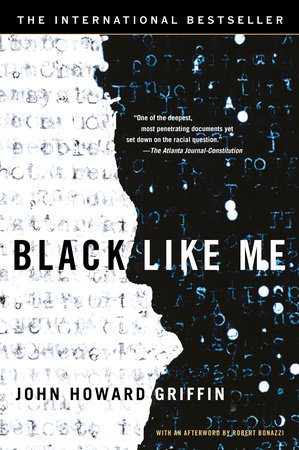I Became So Exhausted With Proving My South Asian Identity That I Started to Ignore ItPosted in Articles, Asian Diaspora, Autobiography, Media Archive, United States on 2015-03-01 01:07Z by Steven |
I Became So Exhausted With Proving My South Asian Identity That I Started to Ignore It
xoJane
2015-02-24
The rules of miscegenation were set long before I came along, and my self-determination to “be myself” was not going to change it.
A couple of years ago, I was at a rooftop party in New York with some of my cousins. I was too young to drink and too shy to mingle, so I hung around awkwardly while they chatted with an attractive blond man who appeared to be in his late 20s. They tag teamed as he pried them with exoticizing questions about their “home country,” flashing his white teeth in jovial approval when they played along with his racist quips. They seemed to be having a good time amusing one another, so I was shocked when pointed his glass in my direction to acknowledge me.
“And what about you?” he said. “You don’t even look Indian.”
Before I could open my mouth, one of my cousins chimed in, “Oh, she’s not. She’s half black.”
“Oh,” he said. They resumed their conversation and I resumed trying to look like I was having a good time.
This happens when I am with my cousins. I was at a St. Patty’s party with one of them about a year ago when I heard someone whisper into her ear, “Is your cousin black?” A few months later I was out to dinner with their group of friends when someone asked me, “Are you guys actually related? You look like you’re from Eritrea or Ethiopia or something.”
“I’m from Pennsylvania, and we’re first cousins. Believe it or not you don’t actually have to look alike to be related,” is what I would have liked to have said. But I was tipsy and there were too many people around, so I said something along the lines of “Yeah, we get that a lot.”
My mother tried to explain to me when I was younger that I was black, and only black, because that is how the world would see me. I resented that. In my eyes, I had an African American mother and a Gujarati father, and that is how the world would see me, because that’s what I was…
Read the entire article here.

